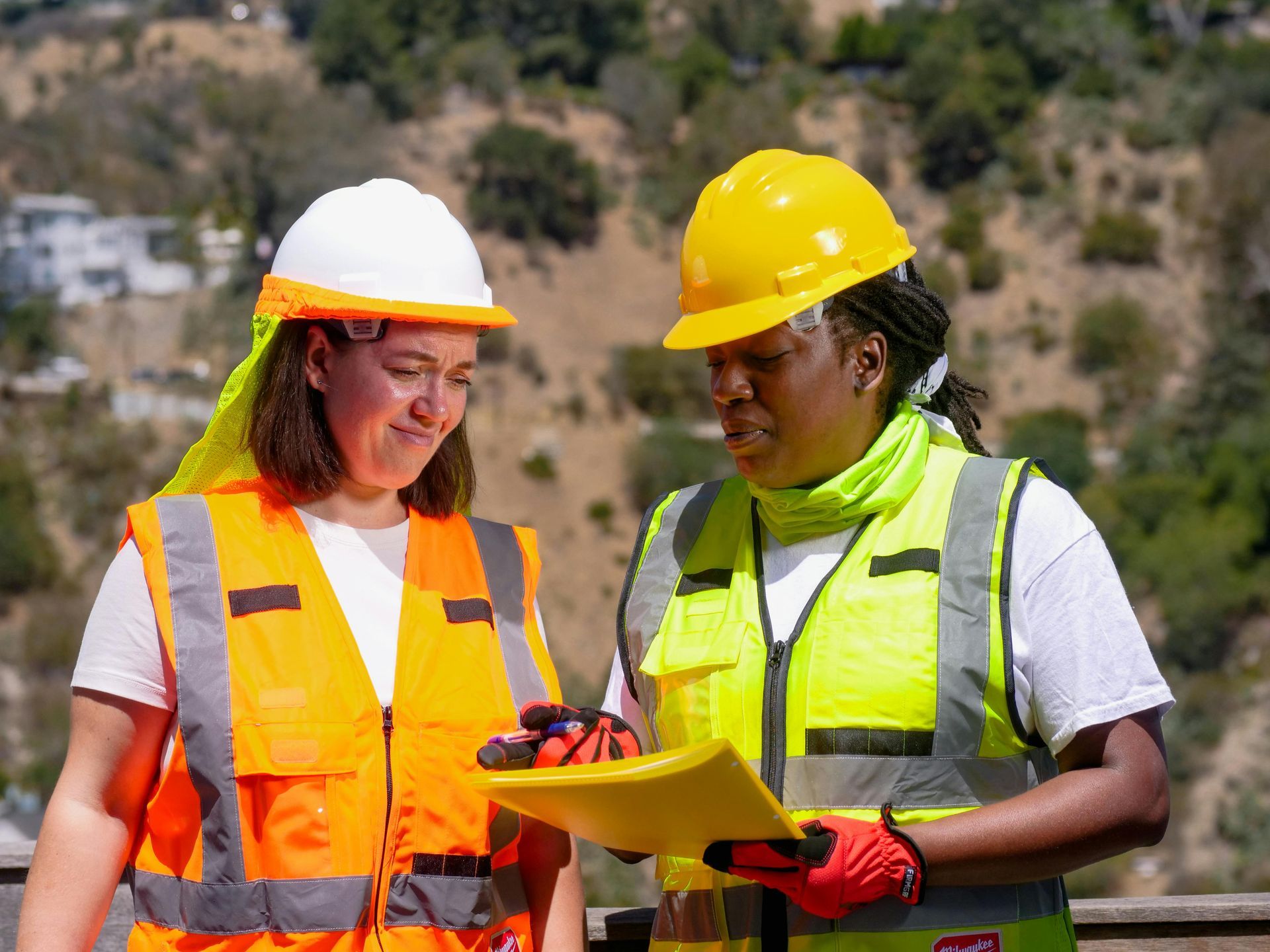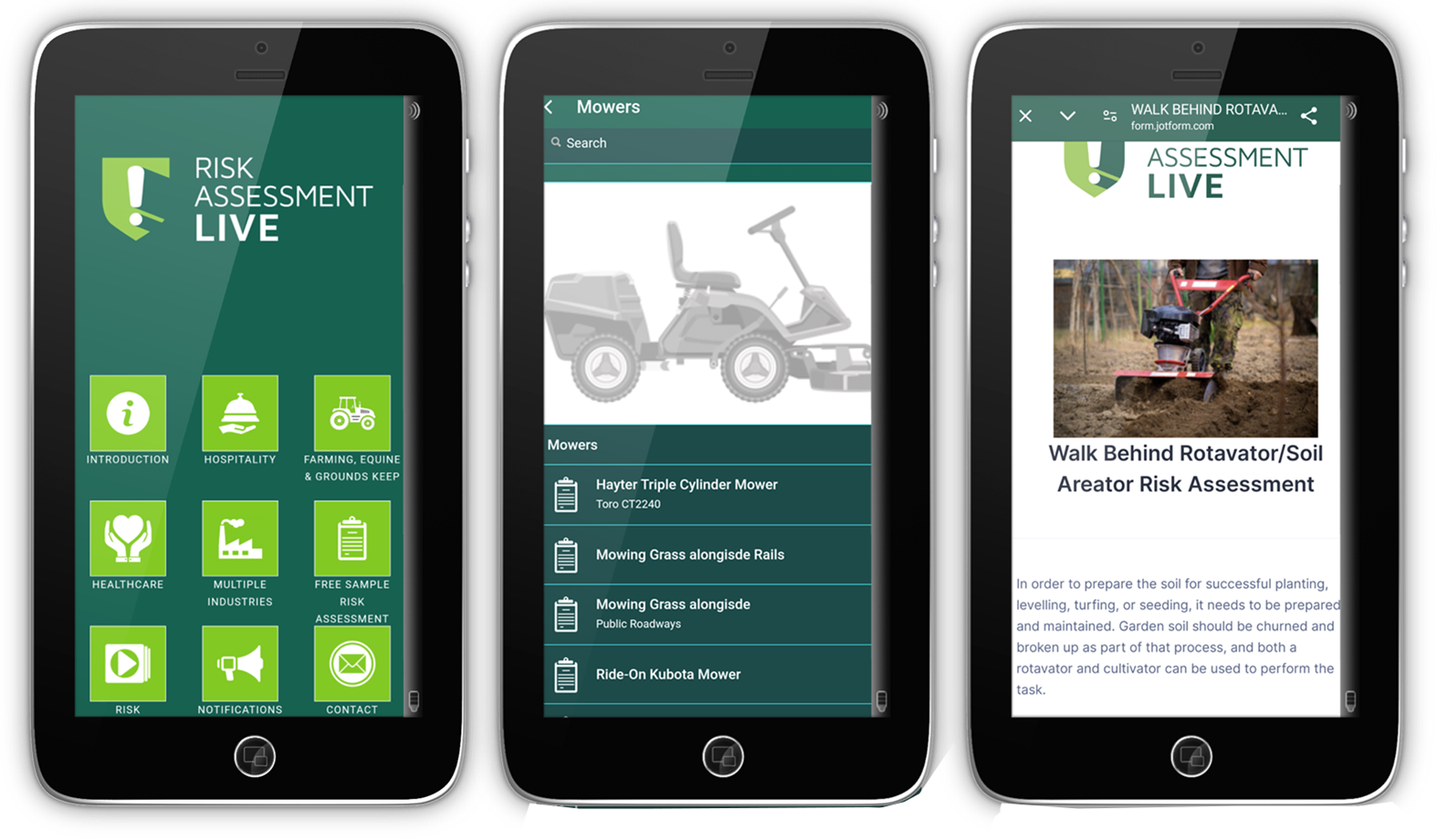The Importance of Risk Assessments: 5 Key Benefits and 5 Consequences of Neglect
Protecting Lives and Businesses: Why Proper Risk Assessments Matter"

Risk assessments are a legal requirement under the Management of Health and Safety at Work Regulations 1999 in the UK. They help businesses identify hazards, assess risks, and implement control measures to protect workers, visitors, and the public. Here’s why conducting a suitable and sufficient risk assessment is essential—and what can go wrong if you don’t.
5 Benefits of Carrying Out a Suitable Risk Assessment
1. Legal Compliance and Avoidance of Fines
Conducting a proper risk assessment ensures compliance with the Health and Safety at Work etc. Act 1974 (HSWA) and the Building Safety Act 2022 (for construction). This prevents enforcement action, fines, or even prosecution by the Health and Safety Executive (HSE).
2. Reduction in Workplace Accidents and Illnesses
A well-conducted risk assessment helps identify potential hazards, reducing the likelihood of workplace injuries, illnesses, and fatalities. This not only protects workers but also minimises downtime and disruption.
3. Financial Savings
Preventing accidents reduces direct costs such as compensation claims, legal fees, and increased insurance premiums. It also lowers indirect costs like lost productivity, recruitment, and training of replacement staff.
4. Improved Reputation and Business Continuity
Companies with strong health and safety practices gain trust from employees, clients, and stakeholders. A safe working environment enhances morale, reduces staff turnover, and ensures long-term business sustainability.
5. Better Decision-Making and Risk Control
Risk assessments provide a structured approach to identifying and managing hazards. This leads to more informed decision-making, ensuring that appropriate safety measures are in place to prevent incidents.
5 Negative Consequences of Failing to Carry Out a Suitable Risk Assessment
1. Legal Penalties and Prosecution
Failure to conduct a proper risk assessment can lead to enforcement notices, prosecution, and substantial fines under UK health and safety law. In severe cases, directors and managers may face imprisonment under the Corporate Manslaughter and Corporate Homicide Act 2007.
2. Increased Workplace Injuries and Fatalities
Without a risk assessment, hazards remain unmanaged, increasing the likelihood of serious accidents. This puts workers at risk of falls, exposure to hazardous substances, or machinery-related injuries.
3. Higher Costs Due to Compensation Claims
Employers have a legal duty to ensure workplace safety. If an employee is injured due to inadequate risk assessment, they can claim compensation, leading to financial losses and increased insurance premiums.
4. Reputational Damage and Loss of Business
A workplace accident due to negligence can harm a company’s reputation, leading to loss of contracts, reduced customer confidence, and difficulty attracting skilled workers.
5. Operational Disruptions and Productivity Loss
Accidents cause delays, staff absences, and potential shutdowns due to investigations. HSE may issue Improvement Notices or Prohibition Notices, halting work until issues are resolved, leading to costly project delays.
Conclusion
A suitable and sufficient risk assessment is not just a legal requirement—it’s a fundamental practice for ensuring safety, financial stability, and business success. Failing to carry out proper risk assessments can have severe legal, financial, and reputational consequences. Prioritising health and safety is a smart investment that benefits everyone involved.

Health & Safety Made Simple
CONTACT
Tel No: 01223 258156
Email: trevor@cambridgesafetysolutions.com
All Rights Reserved | Risk Assessment.Live


